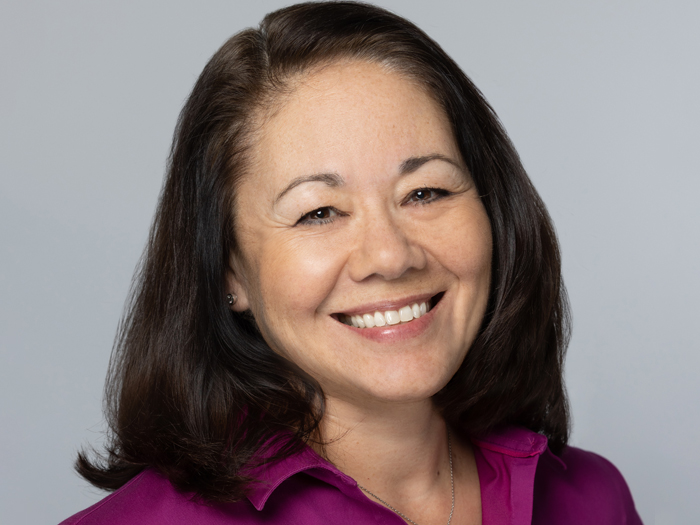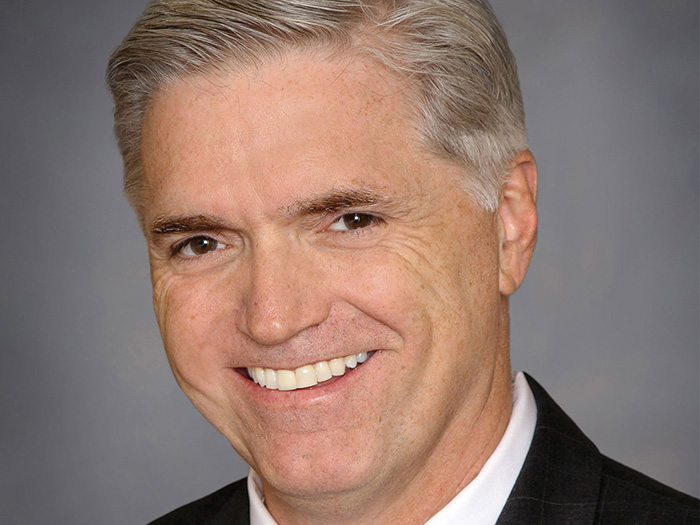Court Rules Professional Liability Policy Partially Covers Doctor’s Misdeeds

Steven R. Matulis, MD, worked for Day Surgery (a subsidiary of DS Entities) when several claimants stepped forward to allege sexual abuse.
While the claimants’ exact allegations varied, each asserted Dr. Matulis had performed illicit acts while they were under anesthesia.
They filed suit against DS Entities, alleging vicarious liability for alleged sexual abuse by Matulis, negligent and reckless retention and supervision, failure to intervene and protect, failure to report, lack of informed consent, invasion of privacy, fraud and negligence for breach of contract.
DS Entities held a professional liability and general commercial insurance policy through Allied World.
This primary policy coverage was to provide coverage under three separate insuring agreements: 1) claims made professional liability; 2) occurrence-based general liability; and 3) claims made employee benefits liability. Each had a limit of liability of $1 million per claim and $3 million in aggregate.
The policy also contained language excluding coverage for “actual or alleged sexual misconduct or sexual abuse.”
In response, Allied World issued an endorsement to the policy that would provide coverage for claims alleging sexual misconduct or abuse.
When the underlying claims rolled in, DS Entities turned to Allied World and its professional liability policy for help.
Allied World filed a motion for summary judgment. In its declarations, the insurer asserted that all underlying claims should be considered “related claims,” and therefore only be subject to a single $1 million limit of liability per the policy’s wording.
The insurer also asserted four other motions for summary judgment, including that the primary policy’s limit of liability would be reduced by Allied World’s payment of defense expenses for the underlying suits; an additional excess policy DS Entities held would not apply; DS Holdings, a subsidiary of DS Entities, was not covered under the policies; and DS Entities was not entitled to Hayseeds damages.
DS Entities and the claimants countered, filing for partial summary judgment on the same five issues. The claimants also additionally sought declaration that Allied World “must apply the highest per claim limit of liability afforded under the applicable insuring agreements to the underlying claims.”
In court, the judge reviewed the terms of the policy and concluded that “the underlying claims are all ‘related claim’ and, thus, deemed a single claim, subject to a single per claim limit of liability.” Additionally, DS Holdings would not be insured under the policy.
As for the other motions, the court granted in favor of DS Entities and the claimants.
Scorecard: The court granted-in-part and denied-in-part Allied World’s motions.
Takeaway: When reviewing policy language before signing, insureds should review any exclusions or endorsements for specifics in order to understand the limitations of their coverage. &










